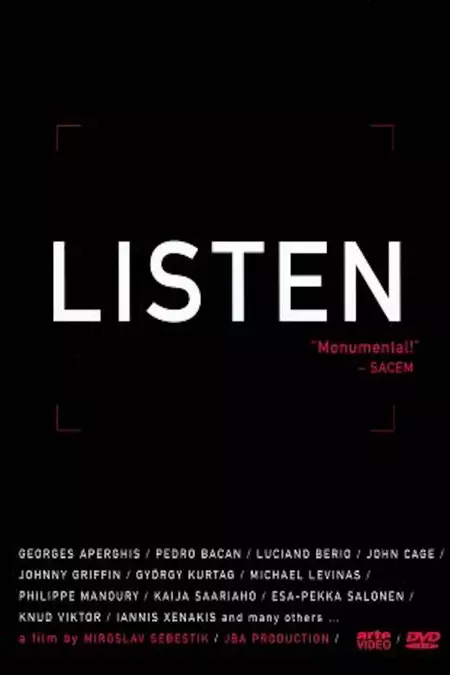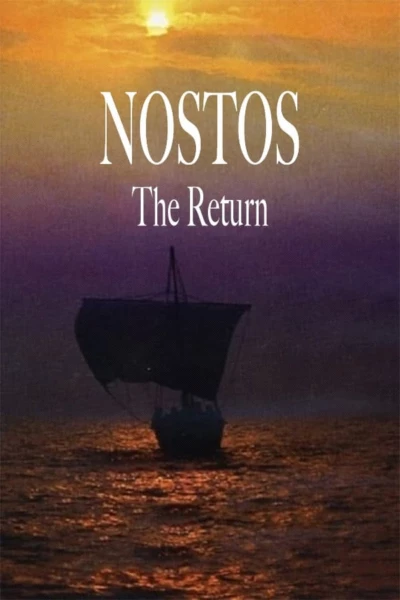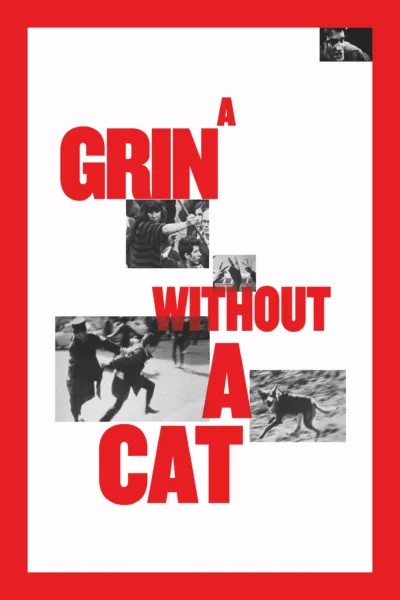Biography
(No Information)
Filmography
all 10
Movies 10
self 2
Original Music Composer
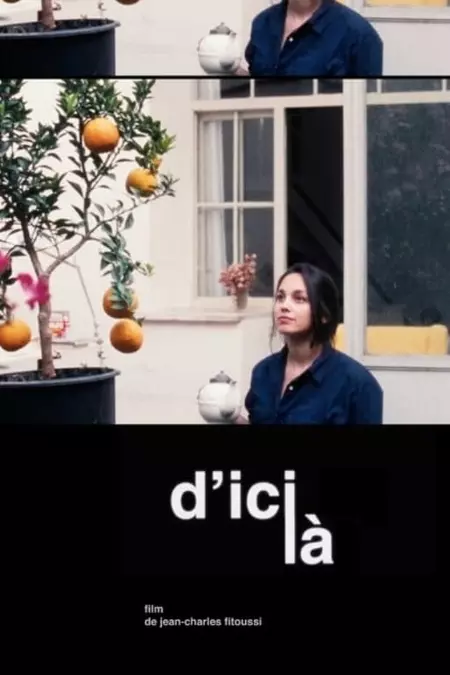
By Then (1997)
Movie
Composer

Charisma (1976)
Movie
Music Consultant
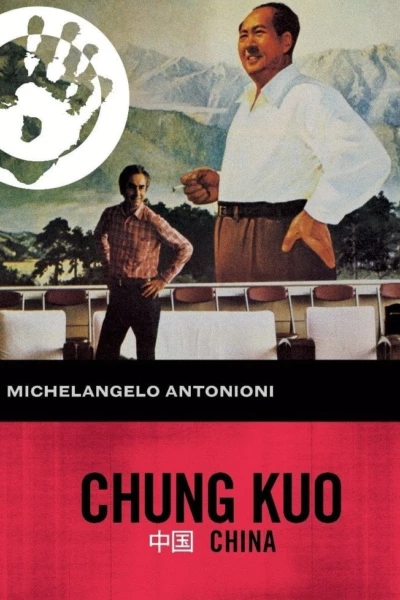
Chung Kuo: China (1972)
Movie
Composer

Solo (1968)
Movie
Music

Break-up (1968)
Movie
Information
Known ForSound
GenderMale
Birthday1925-10-24
Deathday2003-05-27 (77 years old)
Birth PlaceImperia, Italy
Religionatheism
CitizenshipsKingdom of Italy, Italy
AwardsFellow of the American Academy of Arts and Sciences, Gold Medal of the Italian Order of Merit for Culture and Art, Knight Grand Cross of the Order of Merit of the Italian Republic, Royal Philharmonic Society Music Awards, Guggenheim Fellowship, Wolf Prize in Arts, Ernst von Siemens Music Prize, Feltrinelli Prize, Praemium Imperiale
This article uses material from Wikipedia.
Last updated:
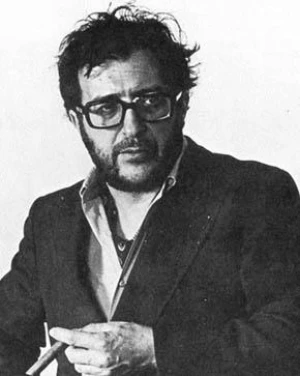 Luciano Berio
Luciano Berio- Filmography
- Information
